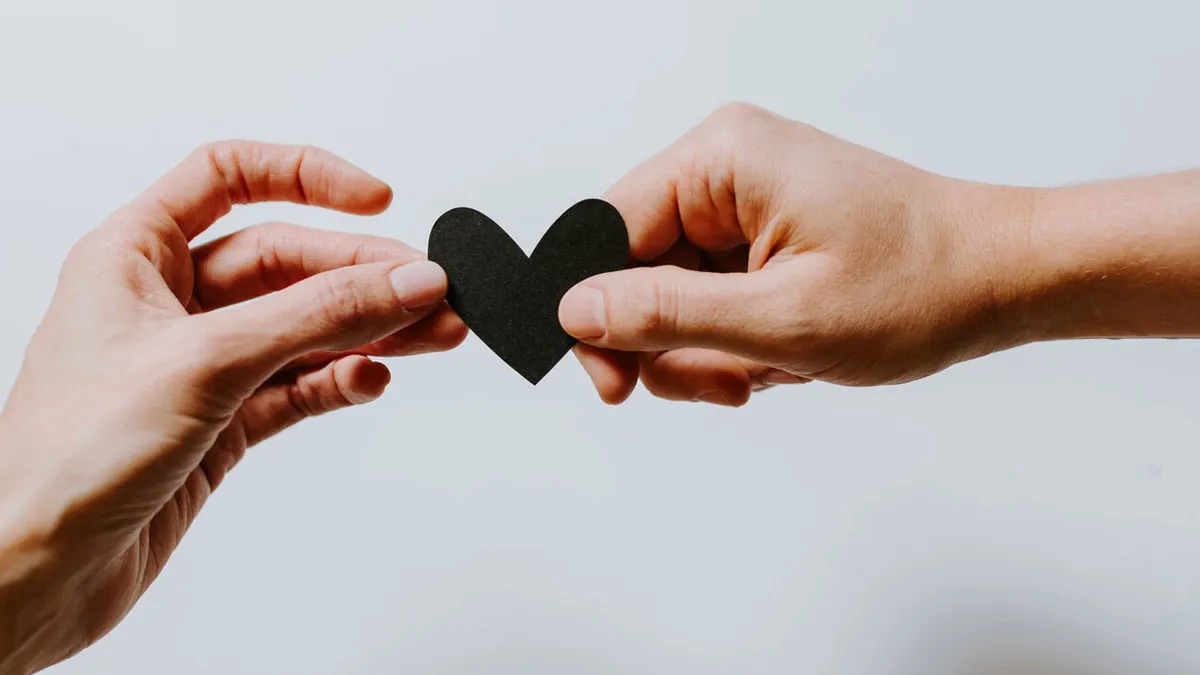
Have you ever found yourself ignoring your partner’s annoying habits just because you love how kind or charming they are? If yes, you’ve experienced the “halo effect.” This is a common feeling in relationships, where one good quality makes us see our partner in an overly positive light-even when they have flaws. Tanvi Bhatnagar, Life Coach and NLP Practitioner, Better Call Tan, New Delhi, explains, “The halo effect is when we notice one positive trait in someone and then assume they have many other good qualities, even if we have no proof.” Let’s explore why this happens, what causes it, and how you can see your partner more clearly.
Table of Content:-
What Is the Halo Effect in Relationships?![tanvi bhatnagar life coach image (51)]()
The halo effect happens when one or two things we love about our partner-like their kindness or sense of humor-make us think they are perfect overall. Tanvi Bhatnagar gives a simple example: “If my partner cares for the elderly and loves children, I might start believing he is also smart, responsible, and a great family man, even if I haven’t seen proof of those qualities.” This effect can make us overlook real problems or red flags, just because we are so impressed by a few positive traits.
Causes of the Halo Effect![Halo Effect 3 - 2025-05-21T112301.118]()
According to Tanvi, below are a few causes of the Halo effect that may come in the way of any relationship.
1. First Impressions:
We often form strong opinions based on our first impression. If someone makes us feel good at the start, we might ignore their flaws later.
2. Emotional Attachment:
When we’re in love, our emotions can cloud our judgment. Tanvi Bhatnagar says, “Those two qualities I love about my partner can make such a big positive impact on me that I start building a perfect image in my mind.”
3. Desire for Simplicity:
Our brains like to keep things simple. It’s easier to believe someone is all good or all bad, instead of seeing them as a mix of both.
4. Social Expectations:
We may feel pressure to see our partner as perfect, especially if others admire them or if we want to believe we made the right choice.
5. Confirmation Bias:
Once we decide our partner is wonderful, we look for reasons to support that belief and ignore evidence to the contrary.
Why Do We Overlook Flaws?![relationship tips 2 - 2025-05-21T112257.377]()
When the halo effect is strong, we might defend our partner’s mistakes or make excuses for them. Tanvi explains, “If someone tells me my partner did something wrong, I might say, ‘No, he’s a great guy-he can’t do that,’ because I’m blinded by his positive qualities.”
This can lead to ignoring issues that need attention, and sometimes even covering up for our partner’s bad behaviour.
What Can You Do to Get Over the Halo Effect?![halo effect in relationship 1 - 2025-05-21T112259.116]()
1. Practice Self-Awareness:
Notice when you’re making excuses for your partner. Ask yourself if you’re ignoring real problems just because you’re focused on their good side.
2. Communicate Openly:
Talk honestly with your partner about what bothers you. Don’t be afraid to bring up concerns, even if you love many things about them.
3. Look for Evidence:
Tanvi suggests, “Try to see your partner’s actions as they are, not just how you want them to be. Are they really responsible, or do you just assume so because they’re kind?”
4. Accept Imperfection:
Remember, everyone has flaws-including you. Healthy relationships are built on accepting each other’s strengths and weaknesses.
5. Seek Outside Perspective:
Ask trusted friends or a counsellor for their honest opinion if you feel unsure. Sometimes, an outside view can help you see things more clearly.
6. Mindfulness and Humour:
Practice being present and add a little humour when you notice flaws. This can help you keep things in perspective and not take every imperfection too seriously.
ALSO READ: What Is a 7-Day Gut Reset? Expert Shares Simple Meal Plan for Better Digestion
Conclusion
The halo effect is a normal part of relationships, but it can make us blind to real issues. As Tanvi Bhatnagar says, “It’s easy to build a perfect image of our partner, but it’s important to see them as a whole person.” By being aware of this bias, communicating openly, and accepting imperfections, you can build a more honest and loving connection. Remember, real love is about seeing and accepting each flaws and all.
Also watch this video
How we keep this article up to date:
We work with experts and keep a close eye on the latest in health and wellness. Whenever there is a new research or helpful information, we update our articles with accurate and useful advice.
Current Version
-1747808698954.png)


